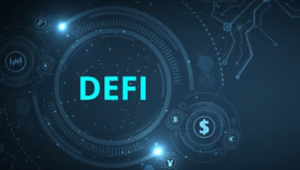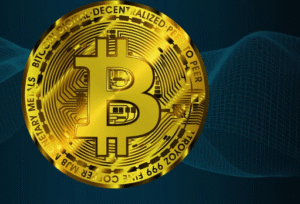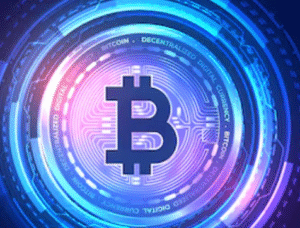$BTC $ETH $XRP
#IsraelIran #CryptoConflict #BlockchainSecurity #NobitexHack #Geopolitics #Cyberwarfare #DigitalCurrency #CryptoNews #TechTrends
The Escalating Israel-Iran Conflict Shifts to the Digital Realm
In recent developments, the Israel-Iran tensions have escalated beyond traditional battlegrounds, penetrating the digital sphere with the significant $81 million hack of Nobitex, a prominent cryptocurrency exchange. This incident underscores how blockchain technology is increasingly becoming a strategic field in geopolitical conflicts, with state actors targeting crypto infrastructure not only for financial gain but also for strategic messaging. The israel-iran news today highlights a new era where digital assets are at the frontline of national security concerns.
Understanding the Impact of Crypto Hacks in Geopolitical Strife
The attack on Nobitex isn’t just a financial breach—it’s a stark illustration of how cryptocurrencies can be manipulated as tools of warfare. State-sponsored actors are now leveraging these platforms to disrupt the economic stability of rival nations, send global messages, and possibly finance covert operations. This sophisticated form of warfare signals a shift in how conflicts are conducted in the 21st century, with digital battlegrounds becoming as contentious as physical ones.
The Role of Blockchain in Modern Conflicts
Blockchain technology, while heralding a new age of secure and decentralized transactions, also presents unique vulnerabilities when intertwined with international conflicts. The immutability and transparency of blockchain can be a double-edged sword, offering both security against fraud and a clear trail for cyber forensic investigations. As such, understanding blockchain’s role and vulnerabilities is crucial for national security frameworks.
Navigating the Future of Crypto Security
In response to these emerging threats, there is a pressing need for enhanced regulatory frameworks and advanced security measures in the crypto space. Stakeholders, including governments and private entities, must collaborate to fortify the crypto infrastructure against sophisticated cyber-attacks. Moreover, these measures will need to be continuously evolved to keep pace with the rapidly advancing cyber threat landscape.
Further Insights and Global Reactions
The global crypto community and regulatory bodies are closely monitoring the aftermath of the Nobitex hack, as it will likely influence international policies on digital currencies. For those interested in further details about this evolving story, more information can be found on [Binance](https://www.binance.com/), which provides extensive resources on the current state and future of cryptocurrency markets.
As we advance, the intersection of technology and international relations is becoming unavoidable. The recent events surrounding the Israel-Iran tensions demonstrate that the realm of cryptocurrency is not just about economic transactions but is also a critical component of national defense strategies. This new battlefield requires a novel understanding of both technology and traditional geopolitical dynamics. For more related articles, explore our dedicated [crypto section](https://financier.news/category/crypto/).











Comments are closed.